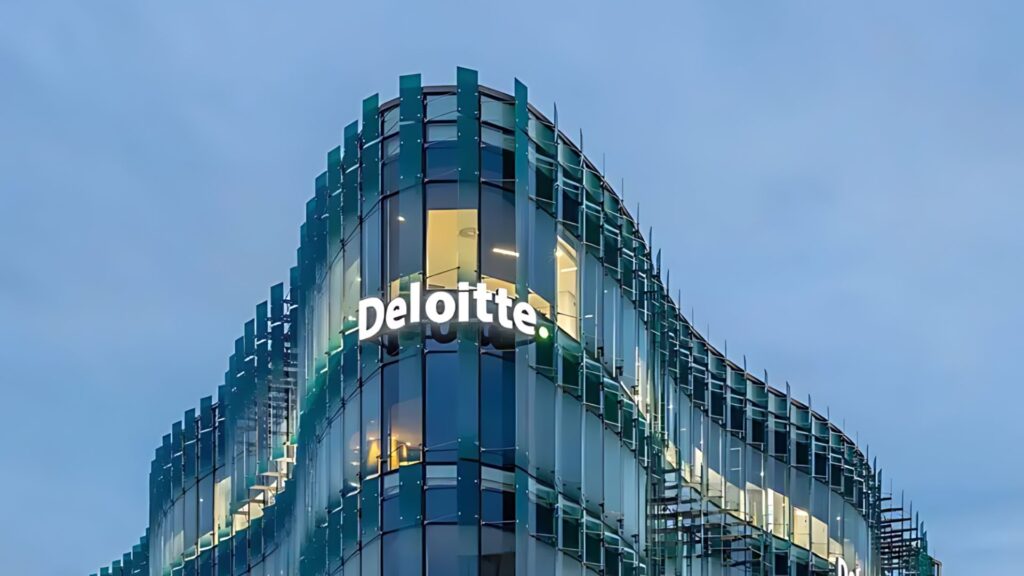Integrated Sustainability Strategies Key to Real Estate’s Low-Carbon Future: Deloitte Insights

- Demand for low-carbon spaces is surging, pushing real estate firms to prioritize sustainable investments.
- Insurance costs are skyrocketing due to climate risks, driving the need for resilient, low-emission properties.
- Integrated sustainability approaches align with financial performance, boosting ROI and compliance readiness.
Climate-action policies and market forces are rapidly transforming the real estate industry. Achieving net-zero emissions by mid-century could add an estimated US$43 trillion to the global economy by 2070, according to Deloitte Global. Real estate leaders must now take bold steps to integrate sustainability into their operations, as tenant expectations, insurance costs, and regulatory demands intensify.
Corporate occupiers are increasingly demanding low-carbon spaces, with the number of tenants pursuing greenhouse gas reduction targets doubling from 2022 to 2023. Deloitte’s research highlights that by 2030, demand for sustainable buildings will far outstrip supply, with only 10 square feet being built for every 30 square feet of demand. This trend could leave inefficient properties as stranded assets, further widening the price gap between sustainable and non-sustainable properties.
The frequency of extreme climate events has doubled real estate insurance costs over the past decade. Some insurers have even exited high-risk markets. Deloitte’s 2024 FSI Predictions warn that insurance costs in climate-vulnerable states could double again by 2030, rising over 10% annually.
The US National Blueprint for Decarbonizing the Economy aims to reduce building energy use intensity by 35% by 2035 and 50% by 2050. Achieving these targets may require significant building retrofits, increasing the need for integrated sustainability strategies. According to the International Renewable Energy Agency, incorporating renewable energy sources into real estate operations is one of the most effective ways to mitigate climate change, keeping global temperature rise below 1.5 degrees Celsius.
Real estate firms face structural and cultural challenges in achieving sustainability goals. Deloitte’s 2024 Commercial Real Estate Outlook survey reveals that nearly half of CFOs struggle to link sustainability strategies with financial returns. Siloed operations exacerbate these challenges, preventing firms from recognizing aligned interests across departments.
By not talking to each other, departments may not know that their interests are aligned, states Deloitte’s report, emphasizing the need for cross-functional collaboration.
Real estate companies can adopt a comprehensive sustainability framework across tax, risk, accounting, strategy, and technology. For example, firms can leverage tax incentives to align with building performance standards, integrate climate risk assessments into financial modeling, and develop smart building technologies to optimize energy efficiency.
Martin Howell, Global Energy Skills Leader at Arup, highlights the potential for both small-scale and large-scale improvements: “There are opportunities for improvement across all building stock…even small, low-cost interventions like adjusting control systems can lead to significant carbon savings.”
Investing in smart building technologies is crucial for reducing energy consumption and enhancing tenant comfort. Digital twins, which consolidate data from building systems, can optimize performance and assist in long-term planning. Mark Bawtree, Chief Sustainability Officer at Akila, notes: “A digital twin brings all the knowledge from equipment manufacturers and operators into one place, enabling tracking and optimization of building performance.”
Related Article: Measurabl Launches New Real Estate Sustainability Data Management and Reporting Platform
The future of real estate is intrinsically linked to sustainability. As regulatory standards evolve and market demands shift, real estate leaders must adopt integrated strategies that align sustainability with core business operations. By doing so, they can not only comply with emerging regulations but also unlock new avenues for growth and profitability in a low-emission future.










